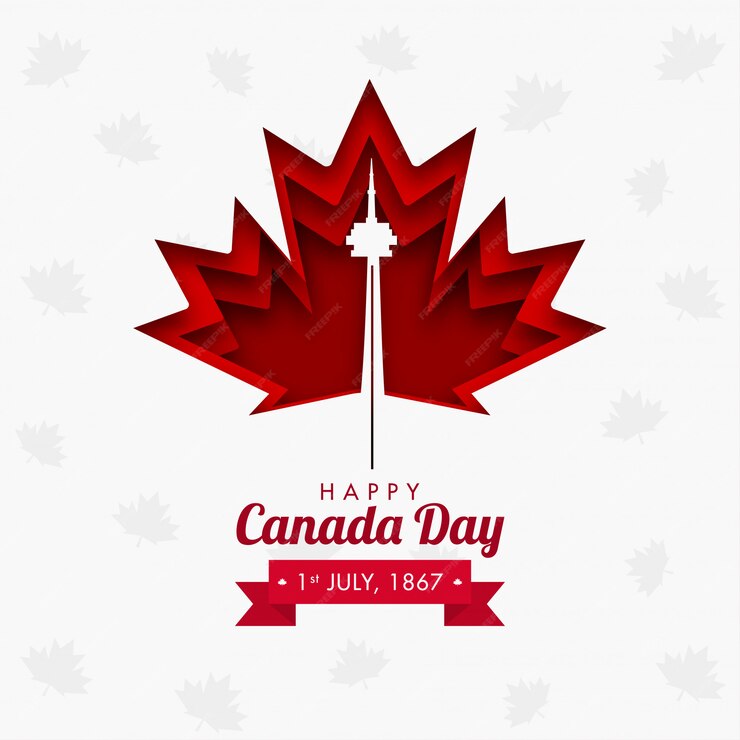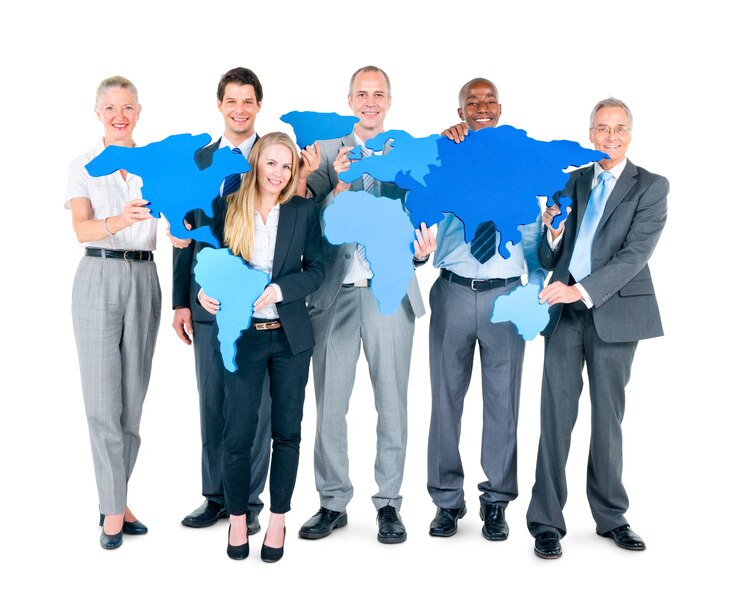NGOs grants for water wells in africa
NGOs grants for water wells in africa
Submit your Nominations for Country Director on info@aiuno.org
Securing grants for water well projects in Africa is crucial for NGOs dedicated to improving access to clean and safe drinking water in the region. Here are some steps to help you find and apply for such grants:
- Identify Relevant Funding Sources:
- Research organizations, foundations, and government agencies that provide grants specifically for water well projects in Africa. Look for entities with a history of supporting clean water initiatives.
- Local and International Funding:
- Explore both local and international grant opportunities. Some grants may be available through African governments or regional organizations, while others may come from international sources.
- Grant Databases and Websites:
- Utilize grant databases and websites that specialize in listing funding opportunities for water and sanitation projects in Africa. Some helpful platforms include GrantWatch, GrantForward, and Idealist.
- Donor Organizations:
- Check if organizations like the Bill & Melinda Gates Foundation, Water.org, the World Bank, USAID, or the African Development Bank offer grants for water well projects in Africa. They often fund such initiatives.
- NGO Networks and Associations:
- Join or network with organizations and associations that focus on water and sanitation issues in Africa. They may provide information on available grants or partnerships.
- Review Grant Guidelines:
- Thoroughly review the guidelines and eligibility criteria for each grant opportunity. Ensure that your NGO meets the specific requirements and focus areas of the grant.
- Develop a Strong Proposal:
- Craft a compelling project proposal that outlines the objectives, methodology, expected outcomes, and the impact of your water well project. Clearly communicate how it will benefit the local communities.
- Budget Planning:
- Prepare a detailed budget that outlines the cost of drilling and maintaining water wells, as well as other project-related expenses. Be transparent about how the grant funds will be used.
- Community Involvement:
- Highlight community involvement and ownership in your proposal. Many funders appreciate projects that actively engage local communities in the planning and maintenance of water wells.
- Partnerships and Collaboration:
- Consider forming partnerships with local and international organizations or government agencies. Collaborative projects often have a better chance of receiving funding.
- Capacity Building:
- Some grants may require capacity-building efforts to ensure the long-term sustainability of water well projects. Be prepared to address this in your proposal.
- Letters of Support:
- If possible, gather letters of support from local communities, government officials, or other stakeholders. These can reinforce the importance and feasibility of your project.
- Submit Applications:
- Complete and submit grant applications by the specified deadlines. Make sure you provide all required documents and follow the application instructions precisely.
- Follow-Up and Communication:
- After submission, stay in communication with the grant-making organizations. Follow up on the status of your application and provide any additional information as requested.
- Track Progress and Reporting:
- If your project is funded, ensure that you meet reporting requirements and keep the funding organization updated on your progress and the impact of the water well project.
Remember that securing grants can be competitive, so it’s essential to be persistent and apply to multiple sources. Tailor your proposals to match the priorities and requirements of each funding opportunity, and be prepared to demonstrate the positive and lasting impact your water well projects will have on communities in Africa.
Climate solutions accelerator program
American jewish world services
Women’s peace and humanitarian fund
Business plan tools for startups
Internally displaced persons ukraine






Leave a Reply